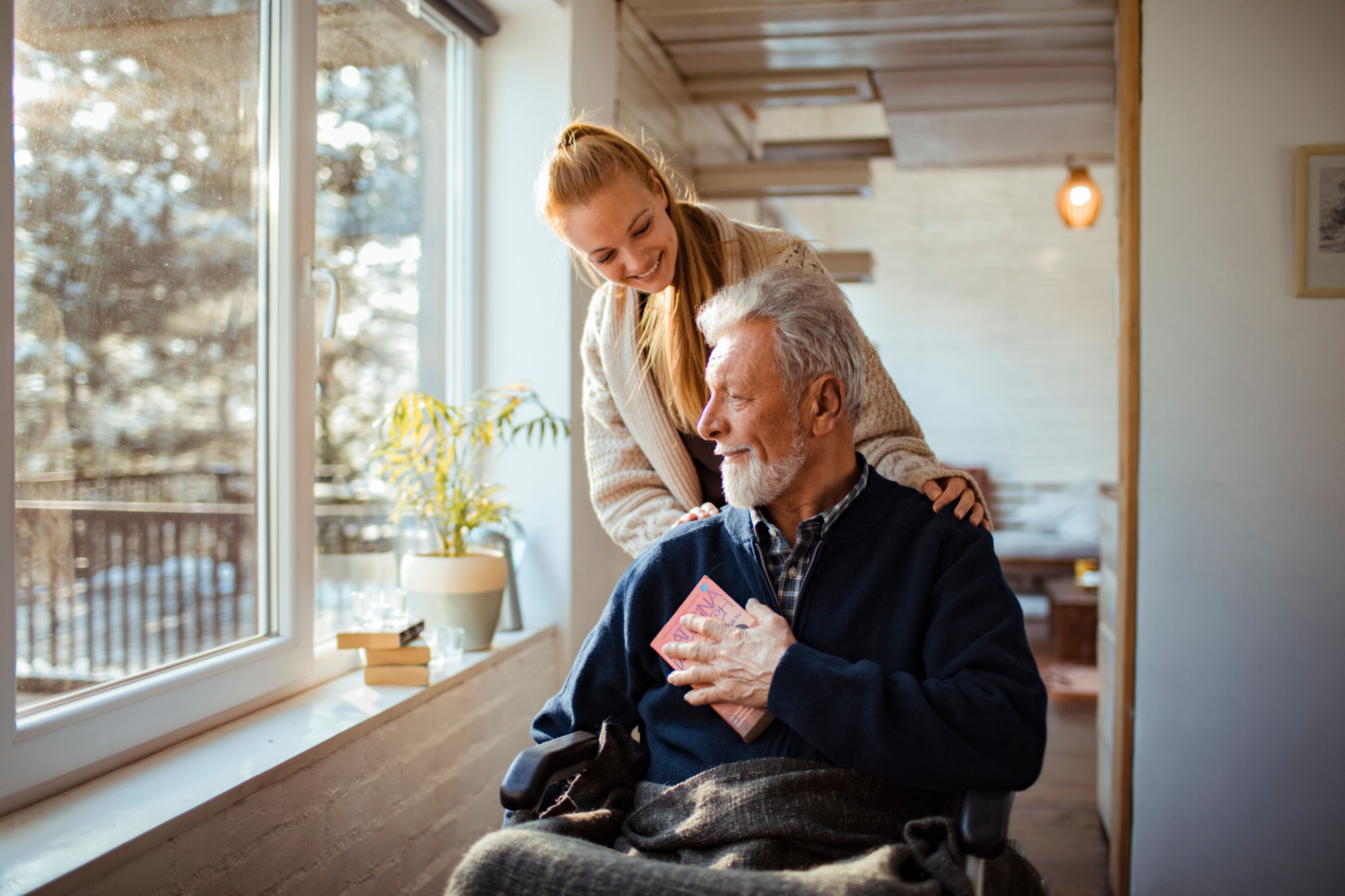A Day in the Life: Daily Living Assistance for Seniors
Introduction to Daily Living Assistance
As we age, certain daily tasks can become more challenging. For seniors, daily living assistance offers a way to maintain independence while receiving the support necessary for a comfortable life. This type of service is essential for those who wish to stay in their homes while ensuring their health and safety needs are met.

The Role of Daily Living Assistants
Daily living assistants play a crucial role in supporting seniors with their everyday activities. These caregivers are trained to help with a wide range of tasks, from personal care to household chores. Their assistance can significantly improve the quality of life for seniors, allowing them to engage in their communities and enjoy their golden years.
Personal Care and Hygiene
One of the primary responsibilities of daily living assistants is to support seniors with personal care and hygiene. This includes helping with bathing, dressing, grooming, and other essential activities. By maintaining good hygiene, seniors can prevent infections and maintain their dignity.

Household Management
In addition to personal care, daily living assistants also help with household management. This includes cooking nutritious meals, cleaning, laundry, and organizing the home. By taking care of these tasks, seniors can focus on enjoying their hobbies and spending time with loved ones.
The Social Aspect of Assistance
Beyond physical tasks, daily living assistants provide valuable social interaction. Many seniors may feel isolated, especially if family members live far away. Having a dedicated caregiver can offer companionship, reducing feelings of loneliness and improving mental health.

Encouraging Community Involvement
Daily living assistants often encourage seniors to participate in community activities. Whether it's attending local events or joining clubs, staying socially active is crucial for maintaining cognitive function and emotional well-being. Assistants can provide transportation and accompany seniors to these activities, ensuring they remain engaged.
Health Monitoring and Safety
An essential aspect of daily living assistance is health monitoring and ensuring safety within the home. Caregivers are trained to observe any changes in health conditions and can coordinate with healthcare professionals as needed. This proactive approach helps in early detection of health issues, leading to better outcomes.
Creating a Safe Environment
Assistants assess the home environment to eliminate potential hazards that could lead to falls or other accidents. They ensure that the home is equipped with safety features such as grab bars in bathrooms and adequate lighting throughout the house.
For seniors, daily living assistance is not just about managing tasks; it’s about enhancing quality of life. With the right support, seniors can continue to live independently and enjoy each day with comfort and confidence.